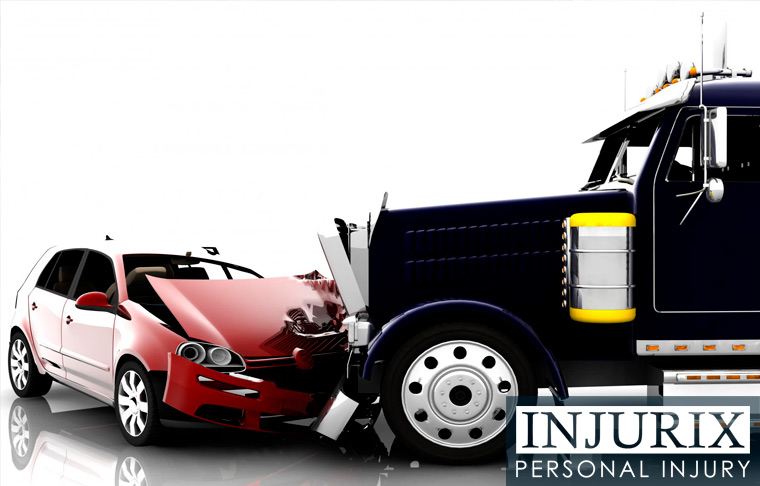
Do you feel a bit of extra tension when you have to pull alongside a semi-truck on the highway? Does the prospect of driving along the interstate when it seems there are eight trucks to every “regular” car make you nervous?
Then you’ve probably at least thought about the prospect of being on the wrong side of a collision with an 18-wheeler. If it does happen, who is liable in the case of truck accident claims—the driver or the company?
Federal law dictates who’s liable in a trucking accident
It’s a question with significant financial repercussions for you. The company has deep pockets and if the fault of the driver can be proven, you’re able to file a personal injury claim against a firm with money to pay out.
But if you’re stuck suing the driver—probably another ordinary middle-class person like yourself—there won’t be much to get, even if you win in court.
Your anxiety might be increase if a well-meaning, but uninformed friend, tells you the driver is the one legally responsible. Your friend cites the fact that the driver is probably working as independent contractor, which would make the driver self-employed and therefore separate from the trucking company.
That’s an understandable mistake. But it doesn’t apply here.
Federal law was amended in 1956 specifically to address the trucking industry. The statute holds the company responsible for any vehicle it leases out and is therefore legally on the hook for the actions of the driver.
The only exception would be if the driver was acting outside the scope of their employment—e.g., driving the truck for recreational purposes. In reality, most truck drivers leave their rig at a home base of some kind when they’re off and drive a regular car in ordinary life.
If you’re in an accident that involves a truck, the odds are strong that the driver is in the normal course of employment. And that means the company is on the hook.